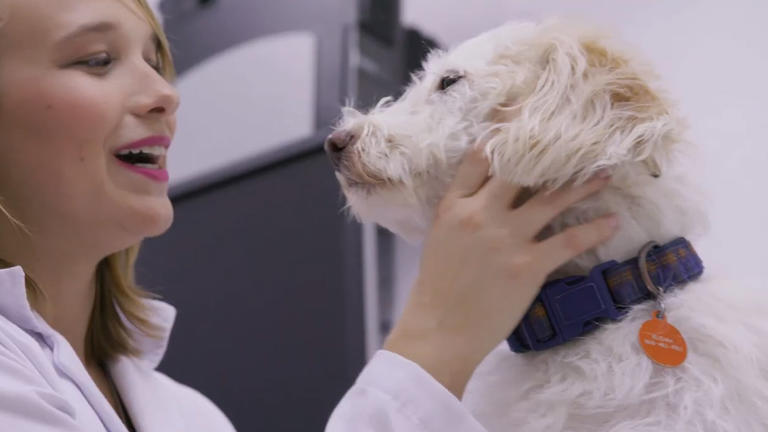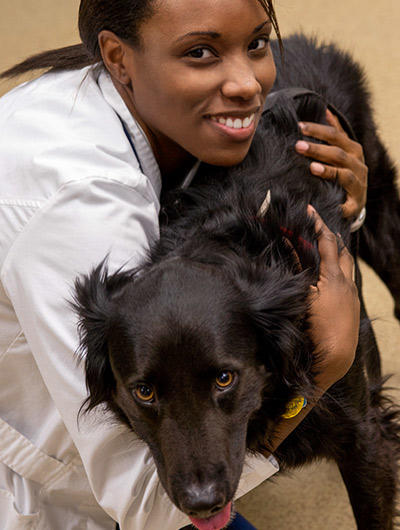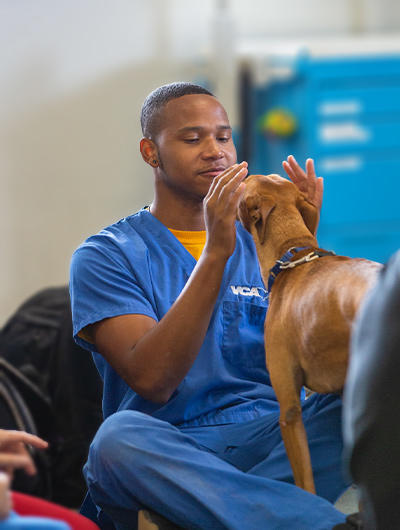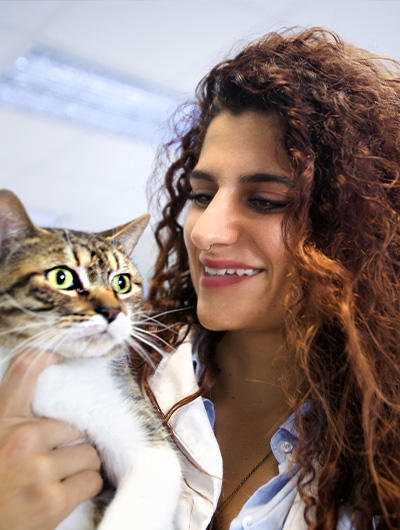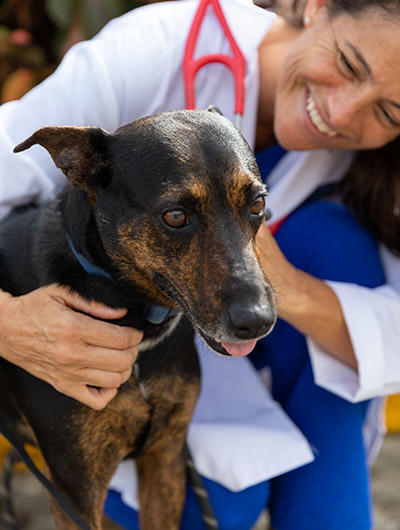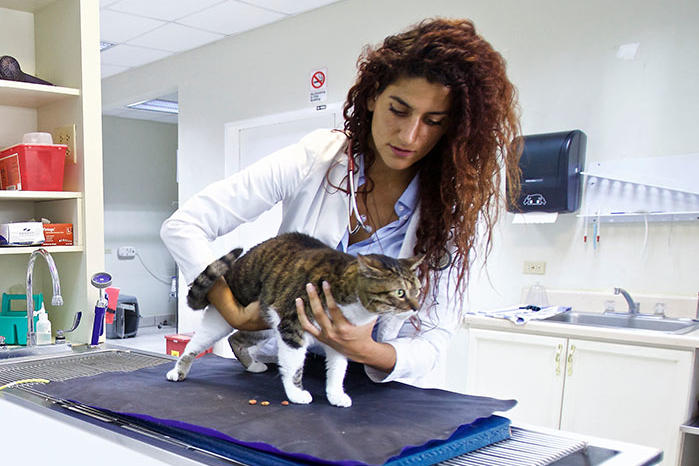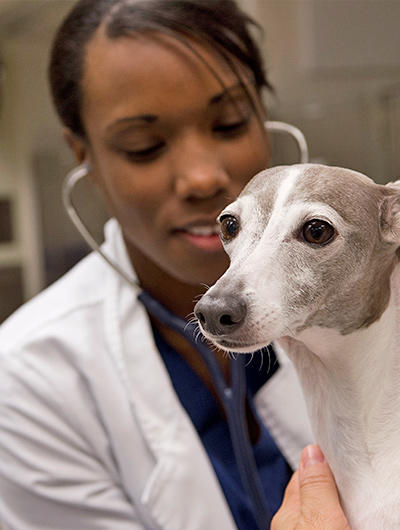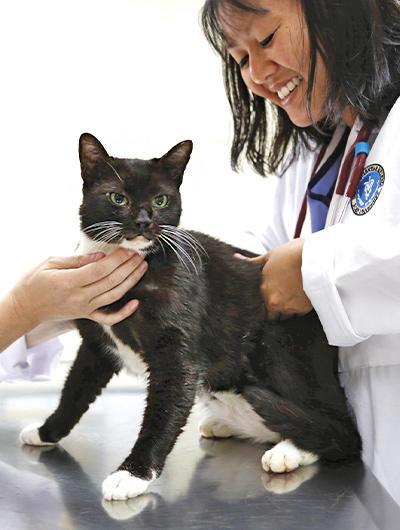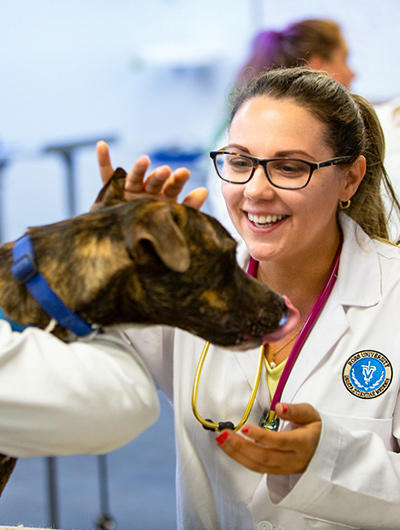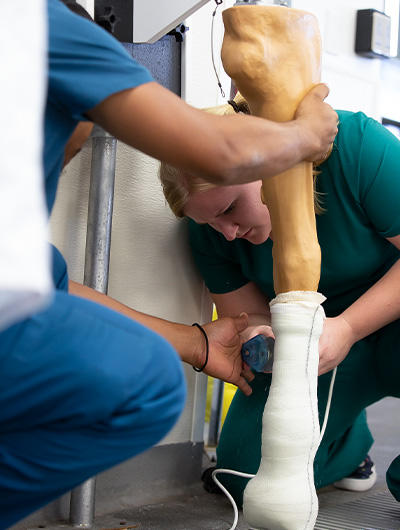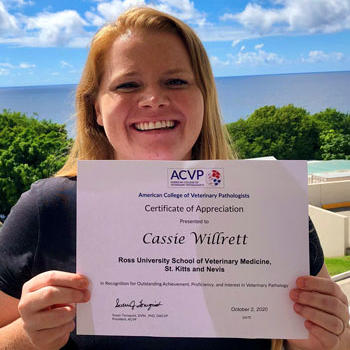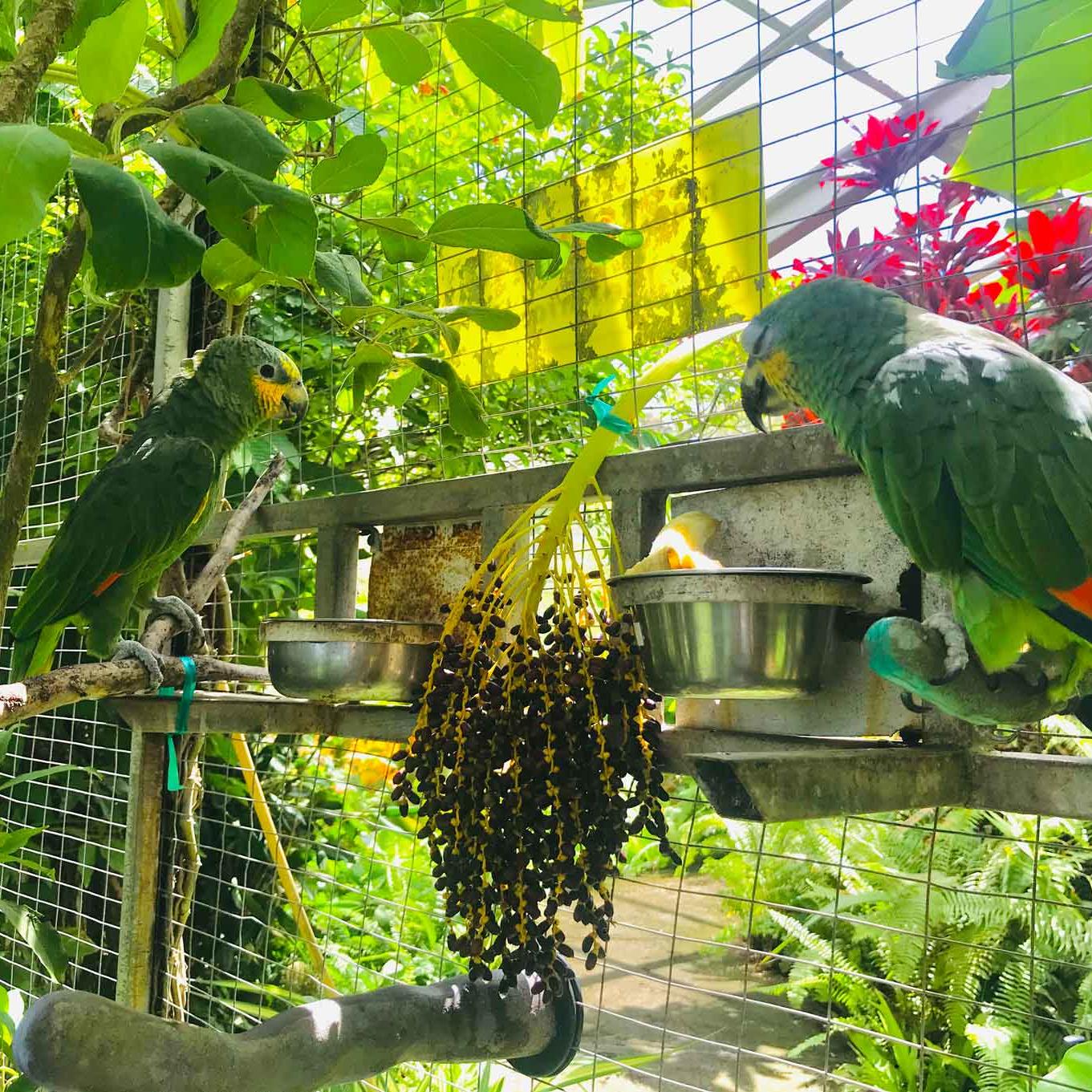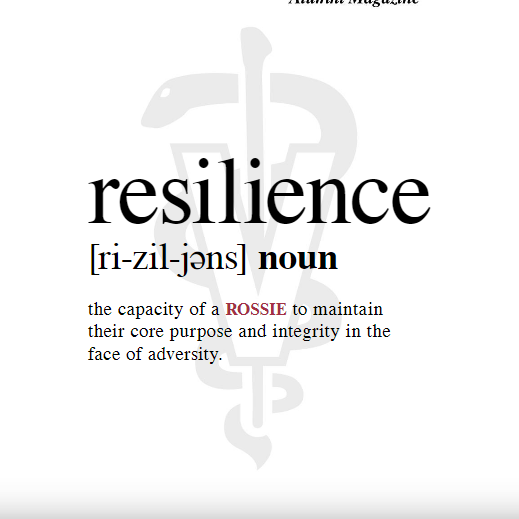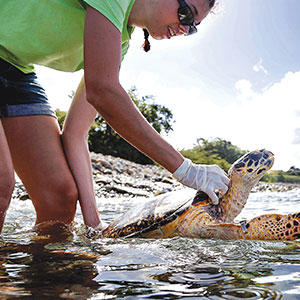Are you motivated to make change through veterinary medicine?
The best candidates for the DVM program at Ross University School of Veterinary Medicine have a drive to learn, grow, and make a difference through an intensive, fast-paced DVM program.
At Ross Vet, your grades and GRE scores only tell us part of your story. It’s your passion for animal welfare, dedication to extraordinary veterinary medicine, and a drive to do better and be better — that’s what makes a Rossie.
HOW TO APPLY TO THE DVM PROGRAM
Find out the details on how to apply to the DVM program.
Not sure where to start?
*Statistically representative of the September 2022, January 2023, and May 2023 incoming classes. Data includes both new and advancing Vet Prep students.
EMBARK ON YOUR DVM PROGRAM IN ST. KITTS
Broaden Your Horizons
Experience unforgettable moments and discover a world of knowledge in a Caribbean ecosystem where animals, people, and environments intersect. Wherever you’re from, we’ll help you get here.
Frequently Asked Questions
Most schools of veterinary medicine require four years to complete a DVM degree. At Ross Vet, our accelerated program runs year-round, allowing you to earn a DVM in as few as three years and three months.
To earn a DVM at Ross Vet, students must successfully complete our 10-semester preclinical and clinical DVM curriculum. The first seven semesters are spent on campus in St. Kitts completing 128.5 semester credit hours of specifically prescribed coursework. Students are then required to complete a minimum of 45 weeks of supervised and evaluated clinical curriculum at an affiliated AVMA-accredited school to be eligible for graduation.
There is no exact GPA for students to get into a school of veterinary medicine, but the better the grades, the better the chances of being accepted. At Ross Vet, our matriculating students have an average cumulative undergraduate GPA of 3.24*, but some students are above or below that mark. We do require, however, that students achieve a C grade (2.0) or better in all prerequisite coursework.
*Statistically representative of the September 2022, January 2023, and May 2023 incoming classes. Data includes both new and advancing Vet Prep students.
There is no single undergraduate degree for people who want to become veterinarians, but most pre-vet students major in the biological or physical sciences. Whatever your major, you must have a minimum of 48 credits of college work that includes all vet school prerequisites.





